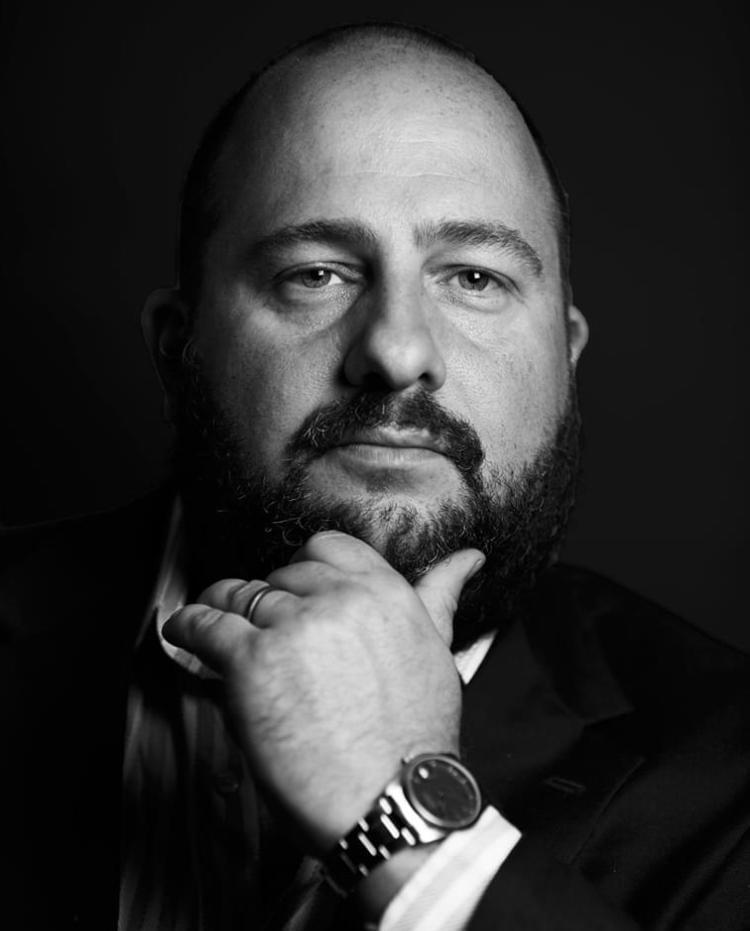We would love to do this, but we need to get paid. You bump into this all the time. It’s true, but as an artist, you have to think when you use this.
First, is your value really that much? Sure, you might draw 200 people in your hometown. And there is a value to that. People might buy tickets and they will buy alcohol from the bar. If you then seek out a gig in the next city just an hour away there is nothing that says anyone will show up. You might have no audience here. Sure 20 people from that 200 audiences will come over just because they like you. But the value of these 20 is not as high as the 200.
Suddenly the promoter has to go much more miles than the organizer in your hometown to reach people that might be interested in your music. This is a risk for the organizer, so they want a door deal for the show. Here you have two choices. First, don’t go outside your comfort zone and just play in your hometown until you get a hit and are safe to go to the next city. The problem with that is that your shows will be so many that the audience has seen you so many times that they stop going. The second choice is to take a risk and go for that door deal.
I have seen so many artists just go into this trap. They are not willing to take a chance. They think they need the money to get properly paid and don’t see it as an investment. The most common mistake is that the artist invests a hell of a lot of money to get in a fancy studio with a fancy producer and then get it mixed and mastered for a huge amount of money. Then when they are supposed to market the recording, they become cheap and suddenly they are just doing a release gig in their hometown and just go for free marketing options like doing a couple of Facebook and Instagram posts.
That is a perfect way to not go anywhere. Instead that that money they should have spent on recording. Take just 25% of it to record cheaper. That might take a little longer time but much more worth it. Then 75 % of the money is on marketing. Then they can take the chance to get to the next town and calculate that risk into part of the marketing money. This is what record labels have done for ages, now they don’t so this ball is back to the artist. Of course, it’s much safer and nicer sitting in a studio drinking some beers and recording, and having a good time. This won’t get your project any further. Also if you also hire a promoter in the next town you might get down those people that are missing and suddenly the new place is prepared to pay you that money to come and play.
The music industry works like any other industry. Like Bill Gates once said – If I was down to my last dollar, I would spend that on PR. It seems like in the music industry it would be different. Sorry, we are just like anybody else trying to do business. We need to do PR and it takes around seven years to get a business established. If you open a restaurant you probably have to calculate to pay your staff for the first two years and you work for free to get the whole thing to be up and running. That next town promoter is like the staff, they need to get paid before you get paid since you are not bringing that much to the table. No good music is no reason for that promoter. A good recording is no reason for that promoter. Is just that you can draw an audience. So, think twice before you request high demands, you are nothing until you have proven you are not.
Editor’s Note: Peter Åstedt has been working in the music industry for over 35 years. He has started record labels, distribution systems, and publishing companies. Peter also runs several major showcase festivals and is an advisor for INES and co-founder of MusicHelp/Discover Sensation. He has worked with the Top Ten most streamed songs and had music on both the Olympics and Super Bowl. Peter has currently taken up the seat of Station Manager of Cashbox Radio, working with MD, PD and station owner, Sandy Graham. In 2021, he worked as the European Consultant for Heal the Earth – An Earth Day Celebration. His latest venture is a new Showcase Festival in Sweden, Future Echoes futureechoes.se/. Peter is a Managing Partner and Editor of the legendary Record World International and also sits on the Board of Directors for the Canadian-based charity, The Drive Foundation.



